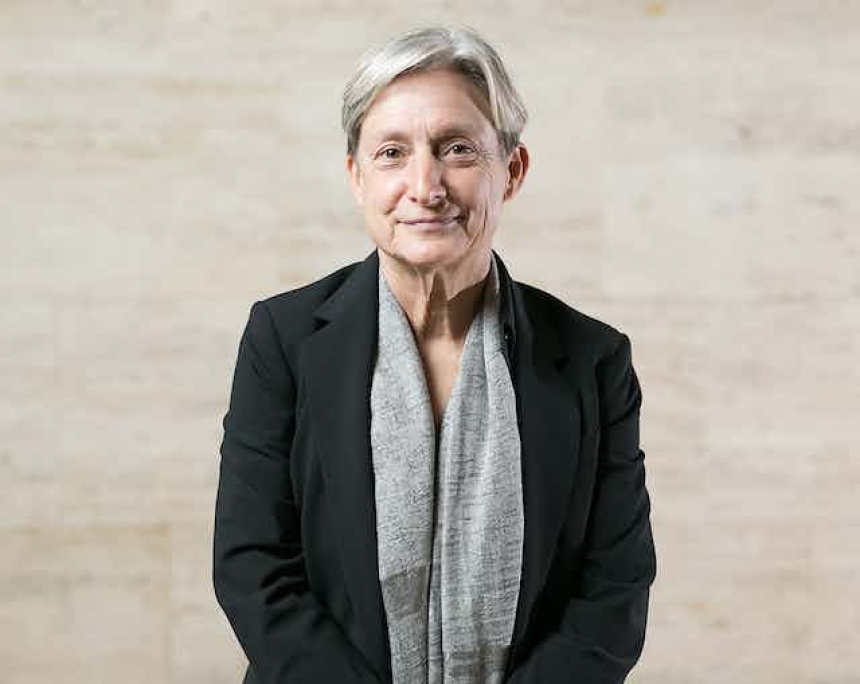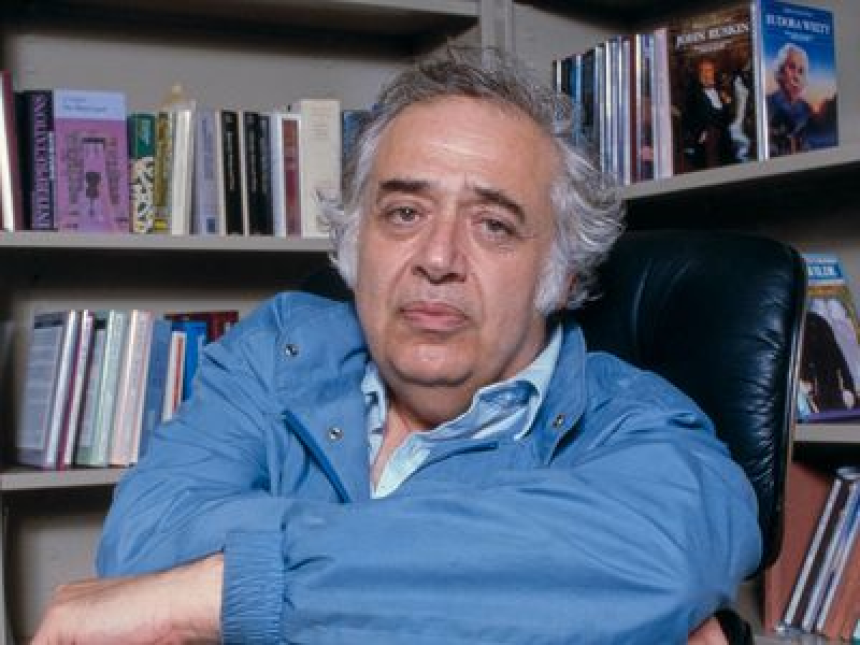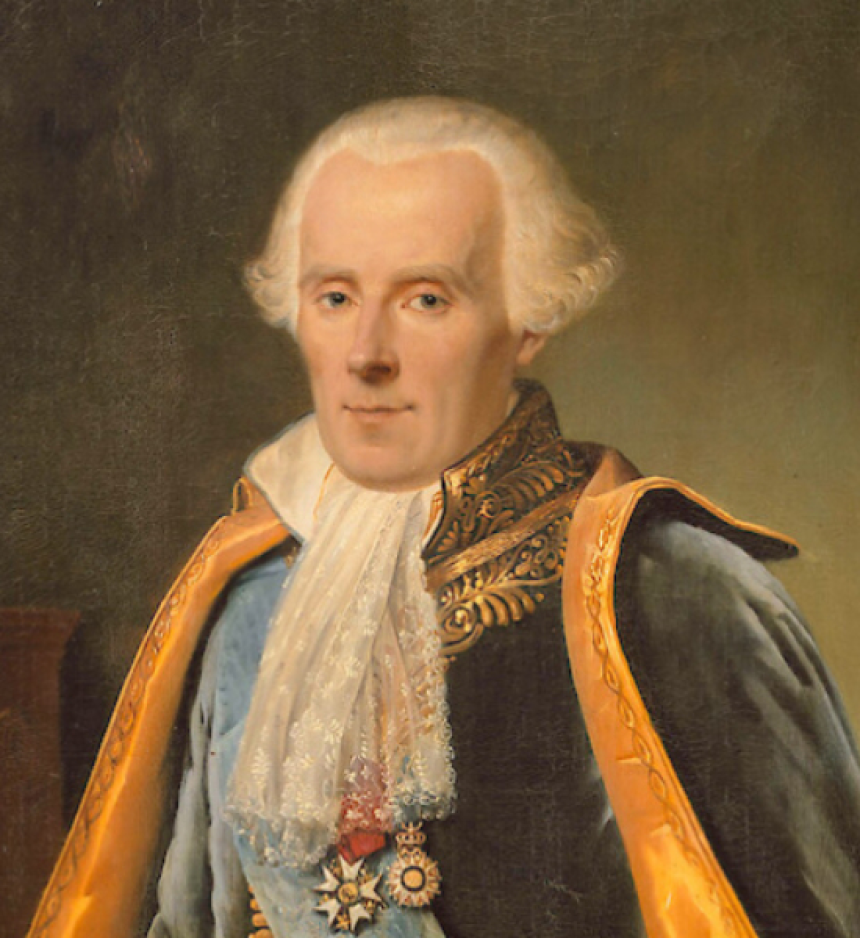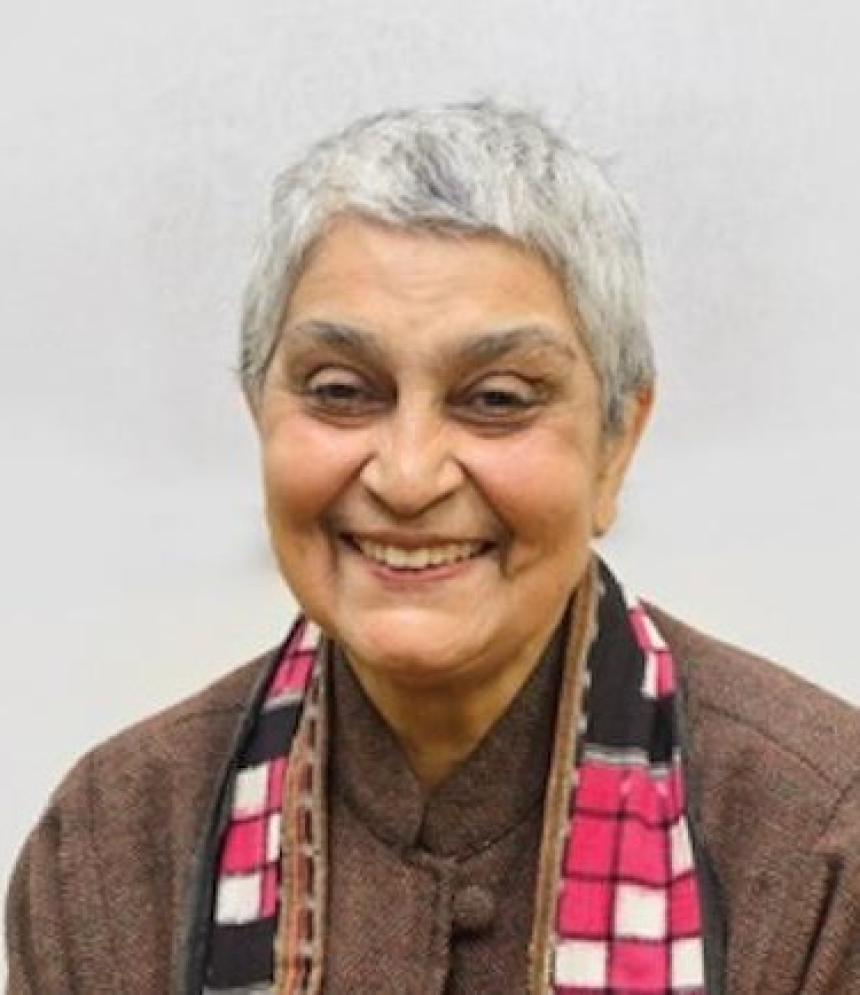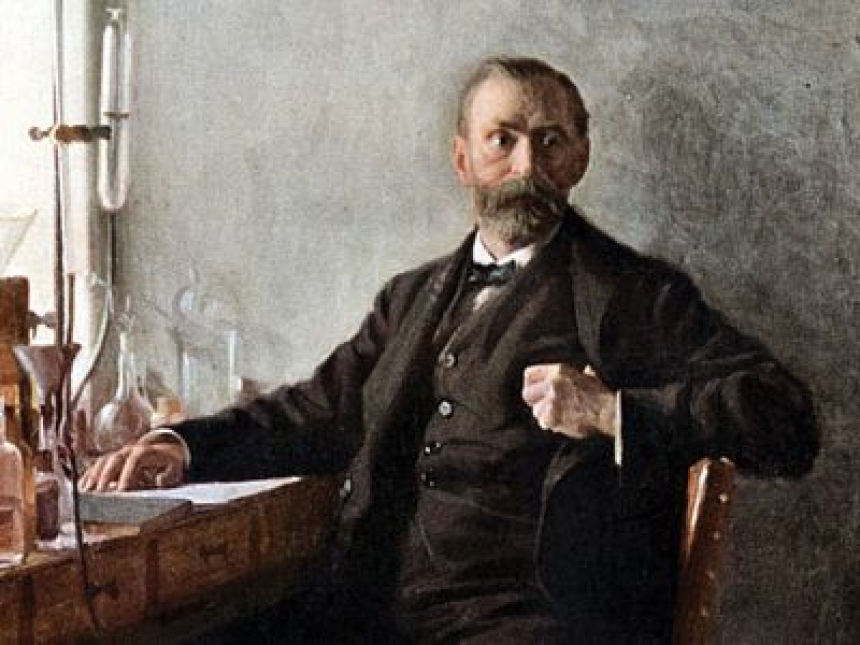
Ahmed Zewail
Ahmed Zewail: A Pioneer in Chemistry and Physics
Ahmed Zewail: A Pioneer in Chemistry and PhysicsAhmed Zewail was an Egyptian-American scientist who made significant contributions to the fields of chemistry and physics. He was awarded the Nobel Prize in Chemistry in 1999 for his groundbreaking research on the study of chemical reactions using laser techniques. Zewail's work revolutionized our understanding of how atoms and molecules move and interact.
Early Life and EducationAhmed Zewail was born on February 26, 1946, in Damanhur, Egypt. From a young age, he displayed a strong interest in science and excelled in his studies. He completed his undergraduate studies at Alexandria University, where he earned a Bachelor of Science degree in Chemistry and Mathematics.
Zewail then pursued his graduate studies at the University of Pennsylvania in the United States. He obtained his PhD in Chemical Physics in 1974 under the guidance of Robin M. Hochstrasser, a renowned scientist in the field. During his time at the University of Pennsylvania, Zewail developed a deep passion for ultrafast laser spectroscopy, which would become the focus of his groundbreaking research.
Scientific AchievementsOne of Zewail's most notable achievements was the development of the femtosecond spectroscopy technique, which allowed scientists to observe chemical reactions on the timescale of femtoseconds (one quadrillionth of a second). This pioneering technique provided unprecedented insights into the dynamics of chemical reactions and led to many groundbreaking discoveries in molecular dynamics.
Zewail's research focused on studying the motion of atoms within molecules during chemical reactions. He used ultrafast lasers to trigger reactions and then observed the resulting changes in molecular structure in real time. This approach provided fundamental insights into how chemical bonds form and break, leading to a better understanding of reaction mechanisms.
His work also had numerous practical applications. For example, Zewail's research played a crucial role in the development of faster and more efficient catalytic processes, which are key in the production of pharmaceuticals, fuels, and other industrial chemicals. His contributions have had a lasting impact on the field of chemistry and continue to influence scientific research and technological advancements.
Recognition and LegacyThroughout his career, Ahmed Zewail received numerous prestigious awards and honors in recognition of his groundbreaking discoveries and contributions to science. Apart from the Nobel Prize in Chemistry, he was also awarded the Priestley Medal, the King Faisal International Prize for Science, and the Othmer Gold Medal, among many others.
Zewail was deeply committed to advancing scientific education and research in Egypt and the Arab world. He established the Zewail City of Science and Technology in Cairo, Egypt, a research complex aimed at fostering scientific advancements and nurturing young researchers.
Unfortunately, Ahmed Zewail passed away on August 2, 2016, but his legacy as a pioneer in chemistry and physics lives on. His contributions to the fields of ultrafast science and chemical kinetics continue to inspire young scientists worldwide.
FAQs1. What did Ahmed Zewail receive the Nobel Prize in Chemistry for?Ahmed Zewail received the Nobel Prize in Chemistry in 1999 for his development of femtosecond spectroscopy, which allowed scientists to observe chemical reactions on an incredibly fast timescale.
2. How did Ahmed Zewail contribute to the field of chemistry?Ahmed Zewail's research on ultrafast laser spectroscopy provided crucial insights into the dynamics of chemical reactions and the motion of atoms within molecules. His work revolutionized our understanding of reaction mechanisms and had practical applications in catalysis and the production of industrial chemicals.
3. What is the Zewail City of Science and Technology?The Zewail City of Science and Technology is a research complex in Cairo, Egypt, established by Ahmed Zewail. It is aimed at promoting scientific advancements and nurturing young researchers in Egypt and the Arab world.
4. What is femtosecond spectroscopy?Femtosecond spectroscopy is a technique developed by Ahmed Zewail that enables scientists to observe and study chemical reactions on a timescale of femtoseconds (one quadrillionth of a second). It provides unprecedented insights into the dynamics of molecular movements during reactions.
5. What are the practical applications of Zewail's research?Zewail's research on ultrafast laser techniques has practical applications in catalysis, pharmaceutical development, and the production of industrial chemicals. It has led to the development of faster and more efficient chemical processes.

